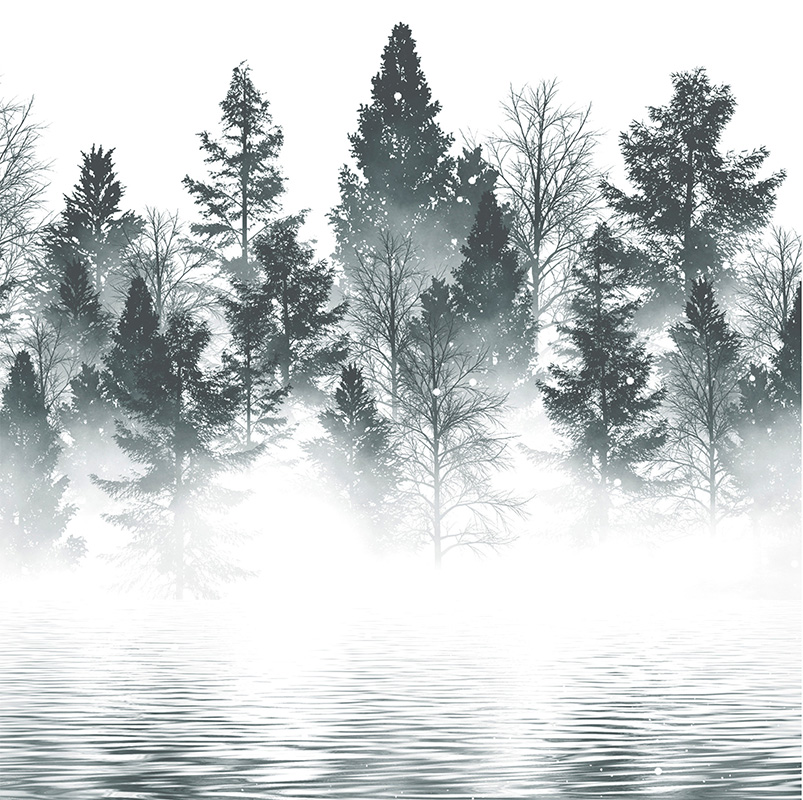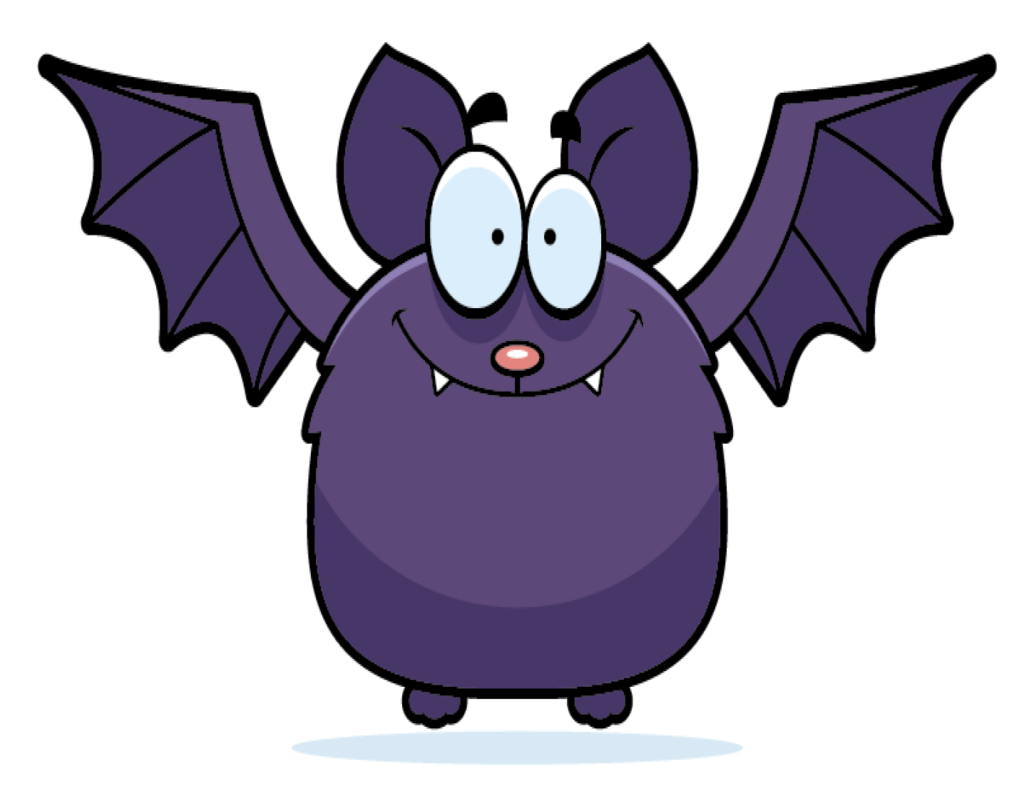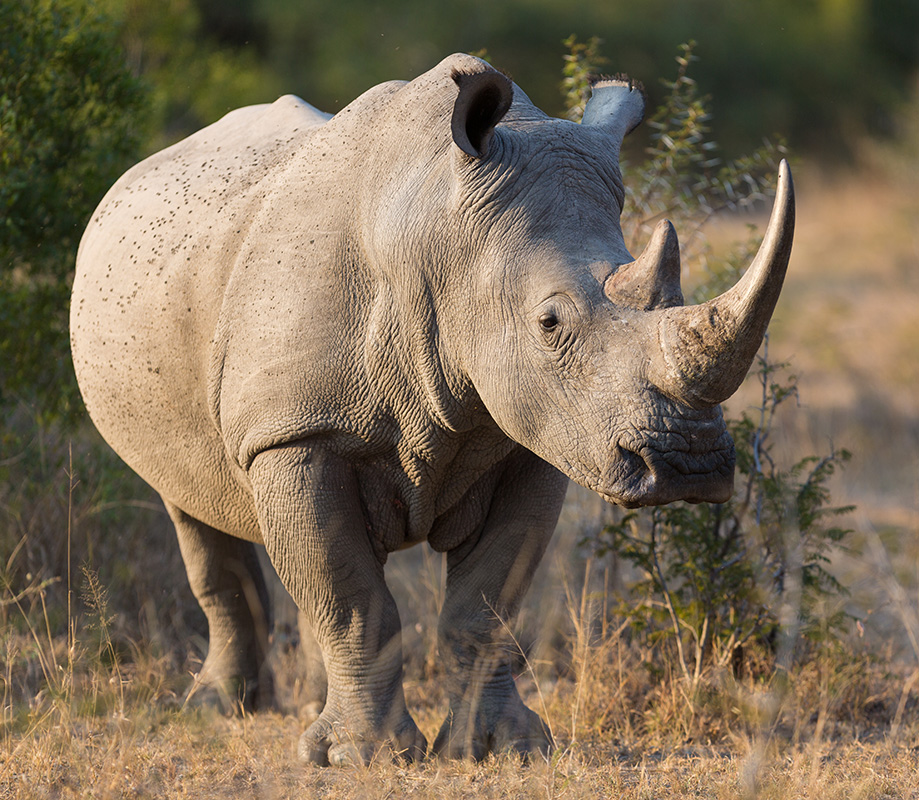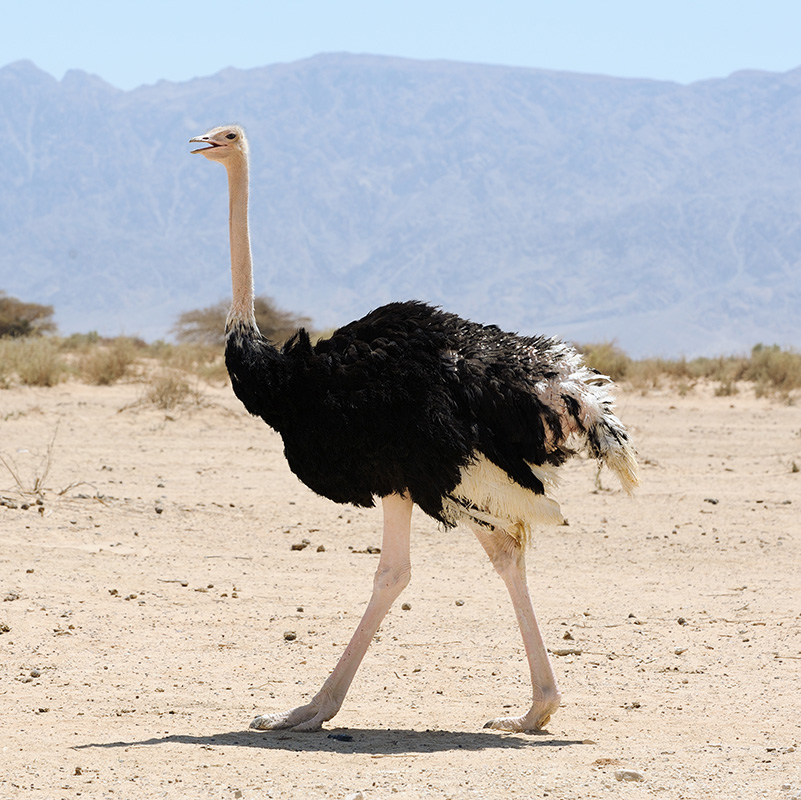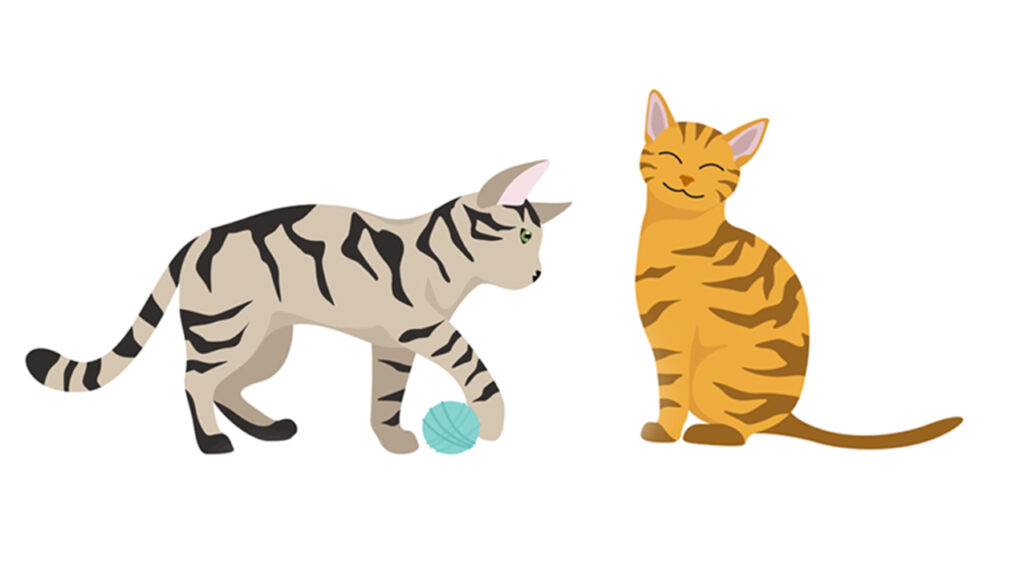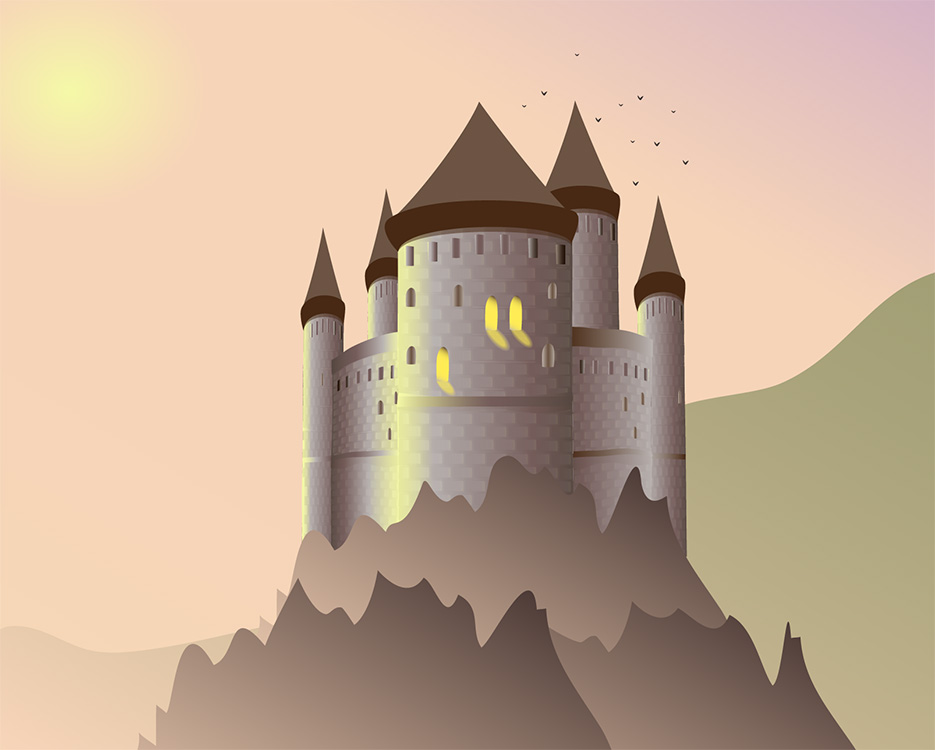SECOND STORY: ABOUT A LITTLE BOY AND A LITTLE GIRL
A TALE IN SEVEN STORIES
BY HANS CHRISTIAN ANDERSON
In a big town crowded with houses and people, where there is no room for gardens, people have to be content with flowers in pots instead. In one of these towns lived two children who managed to have something bigger than a flower pot for a garden. They were not brother and sister, but they were just as fond of each other as if they had been. Their parents lived opposite each other in two attic rooms. The roof of one house just touched the roof of the next one, with only a rain-water gutter between them. They each had a little dormer window, and one only had to step over the gutter to get from one house to the other. Each of the parents had a large window-box, in which they grew pot herbs and a little rose-tree. There was one in each box, and they both grew splendidly. Then it occurred to the parents to put the boxes across the gutter, from house to house, and they looked just like two banks of flowers. The pea vines hung down over the edges of the boxes, and the roses threw out long creepers which twined round the windows. It was almost like a green triumphal arch. The boxes were high, and the children knew they must not climb up on to them, but they were often allowed to have their little stools out under the rose-trees, and there they had delightful games. Of course in the winter there was an end to these amusements. The windows were often covered with hoar-frost; then they would warm coppers on the stove and stick them on the frozen panes, where they made lovely peep-holes, as round as possible. Then a bright eye would peep through these holes, one from each window. The little boy’s name was Kay, and the little girl’s Gerda.
In the summer they could reach each other with one bound, but in the winter they had to go down all the stairs in one house and up all the stairs in the other, and outside there were snowdrifts.
“Look! The white bees are swarming,” said the old grandmother.
“Have they a queen bee, too?” asked the little boy, for he knew that there was a queen among the real bees.
“Yes, indeed they have,” said the grandmother. “She flies where the swarm is thickest. She is biggest of them all, and she never remains on the ground. She always flies up again to the sky. Many a winter’s night she flies through the streets and peeps in at the windows, and then the ice freezes on the panes into wonderful patterns like flowers.”
“Oh yes, we have seen that,” said both children, and then they knew it was true.
“Can the Snow Queen come in here?” asked the little girl.
“Just let her come,” said the boy, “and I will put her on the stove, where she will melt.”
But the grandmother smoothed his hair and told him more stories.

Do you think the Snow Queen is a human or a bee?
In the evening when little Kay was at home and half undressed, he crept up on to the chair by the window, and peeped out of the little hole. A few snow-flakes were falling, and one of these, the biggest, remained on the edge of the window-box. It grew bigger and bigger, till it became the figure of a woman, dressed in the finest white gauze, which appeared to be made of millions of starry flakes. She was delicately lovely, but all ice, glittering, dazzling ice. Still she was alive, her eyes shone like two bright stars, but there was no rest or peace in them. She nodded to the window and waved her hand. The little boy was frightened and jumped down off the chair, and then he fancied that a big bird flew past the window.
The next day was bright and frosty, and then came the thaw—and after that the spring. The sun shone, green buds began to appear, the swallows built their nests, and people began to open their windows. The little children began to play in their garden on the roof again. The roses were in splendid bloom that summer; the little girl had learnt a hymn, and there was something in it about roses, and that made her think of her own. She sang it to the little boy, and then he sang it with her—
“Where roses deck the flowery vale,
“There, Infant Jesus, we thee hail!”
The children took each other by the hands, kissed the roses, and rejoiced in God’s bright sunshine, and spoke to it as if the Child Jesus were there. What lovely summer days they were, and how delightful it was to sit out under the fresh rose-trees, which seemed never tired of blooming.
Kay and Gerda were looking at a picture book of birds and animals one day—it had just struck five by the church clock—when Kay said, “Oh, something struck my heart, and I have got something in my eye!”

What do you think happened to Kay?
The little girl put her arms round his neck, he blinked his eye; there was nothing to be seen.
“I believe it is gone,” he said; but it was not gone. It was one of those very grains of glass from the mirror, the magic mirror. You remember that horrid mirror, in which all good and great things reflected in it became small and mean, while the bad things were magnified, and every flaw became very apparent.
Poor Kay! A grain of it had gone straight to his heart, and would soon turn it to a lump of ice. He did not feel it any more, but it was still there.
“Why do you cry?” he asked. “It makes you look ugly; there’s nothing the matter with me. How horrid!” He suddenly cried: “There’s a worm in that rose, and that one is quite crooked; after all, they are nasty roses, and so are the boxes they are growing in!” He kicked the box and broke off two of the roses.
“What are you doing, Kay?” cried the little girl. When he saw her alarm, he broke off another rose, and then ran in by his own window, and left dear little Gerda alone.
When she next got out the picture book he said it was only fit for babies in long clothes. When his grandmother told them stories he always had a but—, and if he could manage it, he liked to get behind her chair, put on her spectacles and imitate her. He did it very well and people laughed at him. He was soon able to imitate every one in the street; he could make fun of all their peculiarities and failings. “He will turn out a clever fellow,” said people. But it was all that bit of glass in his heart, that bit of glass in his eye, and it made him tease little Gerda who was so devoted to him. He played quite different games now; he seemed to have grown older. One winter’s day, when the snow was falling fast, he brought in a big magnifying glass; he held out the tail of his blue coat, and let the snow flakes fall upon it.
“Now look through the glass, Gerda!” he said. Every snowflake was magnified, and looked like a lovely flower, or a sharply pointed star.
“Do you see how cleverly they are made?” said Kay. “Much more interesting than looking at real flowers. And there is not a single flaw in them; they are perfect, if only they would not melt.”
Shortly after, he appeared in his thick gloves, with his sledge on his back. He shouted right into Gerda’s ear, “I have got leave to drive in the big square where the other boys play!” and away he went.
In the big square the bolder boys used to tie their little sledges to the farm carts and go a long way in this fashion. They had no end of fun over it. Just in the middle of their games a big sledge came along; it was painted white, and the occupant wore a white fur coat and cap. The sledge drove twice round the square, and Kay quickly tied his sledge on behind. Then off they went, faster, and faster, into the next street. The driver turned round and nodded to Kay in the most friendly way, just as if they knew each other. Every time Kay wanted to loose his sledge the person nodded again, and Kay stayed where he was, and they drove right out through the town gates. Then the snow began to fall so heavily that the little boy could not see a hand before him as they rushed along. He undid the cords and tried to get away from the big sledge, but it was no use, his little sledge stuck fast, and on they rushed, faster than the wind. He shouted aloud, but nobody heard him, and the sledge tore on through the snow-drifts. Every now and then it gave a bound, as if they were jumping over hedges and ditches. He was very frightened, and he wanted to say his prayers, but he could only remember the multiplication tables.
The snow-flakes grew bigger and bigger, till at last they looked like big white chickens. All at once they sprang on one side, the big sledge stopped and the person who drove got up, coat and cap smothered in snow. It was a tall and upright lady all shining white, the Snow Queen herself.
“We have come along at a good pace,” she said, “but it’s cold enough to kill one; creep inside my bearskin coat.”
She took him into the sledge by her, wrapped him in her furs, and he felt as if he were sinking into a snowdrift.
“Are you still cold?” she asked, and she kissed him on the forehead. Ugh! It was colder than ice, it went to his very heart, which was already more than half ice; he felt as if he were dying, but only for a moment, and then it seemed to have done him good; he no longer felt the cold.
“My sledge! Don’t forget my sledge!” He only remembered it now; it was tied to one of the white chickens which flew along behind them. The Snow Queen kissed Kay again, and then he forgot all about little Gerda, Grandmother, and all the others at home.
“Now I mustn’t kiss you any more,” she said, “or I should kiss you to death!”

How did the Snow Queen help Kay?
Kay looked at her, she was so pretty; a cleverer, more beautiful face could hardly be imagined. She did not seem to be made of ice now, as she was outside the window when she waved her hand to him. In his eyes she was quite perfect, and he was not a bit afraid of her; he told her that he could do mental arithmetic, as far as fractions, and that he knew the number of square miles and the number of inhabitants of the country. She always smiled at him, and he then thought that he surely did not know enough, and he looked up into the wide expanse of heaven, into which they rose higher and higher as she flew with him on a dark cloud, while the storm surged around them, the wind ringing in their ears like well-known old songs.
They flew over woods and lakes, over oceans and islands; the cold wind whistled down below them, the wolves howled, the black crows flew screaming over the sparkling snow, but up above, the moon shone bright and clear—and Kay looked at it all the long, long winter nights; in the day he slept at the Snow Queen’s feet.
* * * * *

